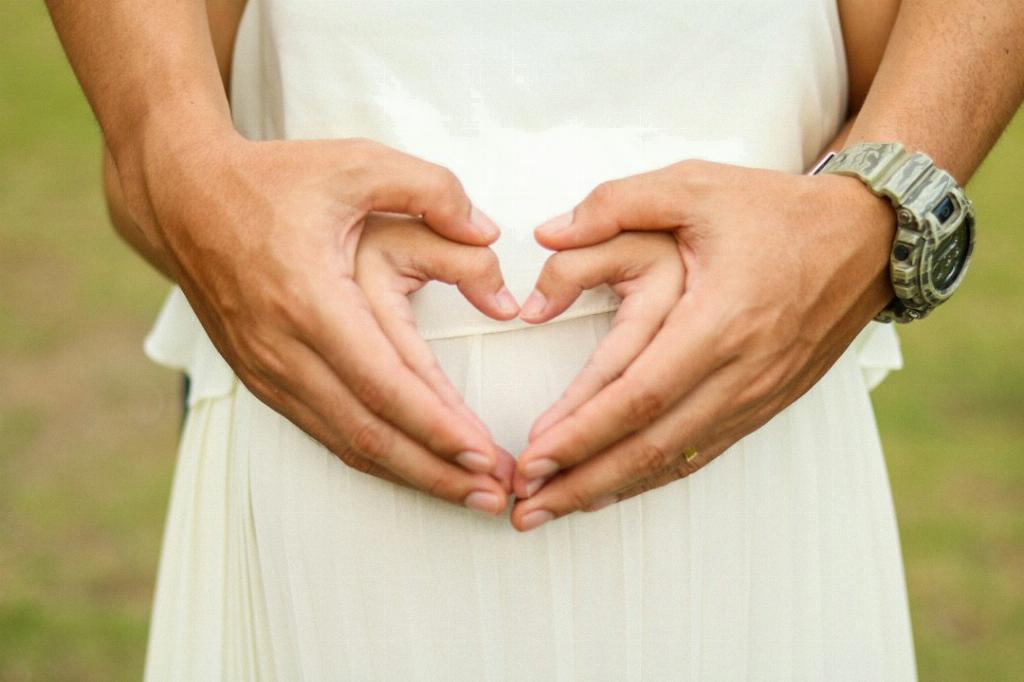When it comes to discussing bodily changes during pregnancy, the topic of urine smell may not be the most glamorous, but it is a common query among expectant mothers. Many women report heightened sensitivity to smells during the early stages of pregnancy, and this can extend to the scent of their urine.
One of the key components of urine that can impact its odor is ammonia. Ammonia is naturally present in urine but typically does not emit a strong smell. However, it is noted that pregnant women may experience a more pronounced awareness of a faint ammonia odor in their urine that they may not have previously detected.
It is important to note that changes in urine smell alone are not definitive indicators of pregnancy. Various factors, such as diet, hydration levels, and overall health, can also influence the odor of urine.
Pregnancy hormones, such as human chorionic gonadotropin (hCG) and progesterone, play significant roles in the physiological changes that occur in a woman’s body during pregnancy. These hormonal fluctuations can affect the sense of smell, making pregnant women more sensitive to various scents, including that of their urine.
Additionally, an increase in blood volume and changes in kidney function during pregnancy can also impact the concentration of waste products in the urine, potentially leading to alterations in its odor.
While some women may notice a subtle change in the smell of their urine, others may not experience any discernible differences. Every pregnancy is unique, and individual experiences can vary widely.
If a woman suspects she may be pregnant, it is essential to confirm the pregnancy through a reliable method, such as a urine or blood test conducted by a healthcare provider. Changes in urine smell should be considered in conjunction with other potential pregnancy symptoms.
It is always advisable for pregnant women to maintain proper hydration by drinking an adequate amount of water throughout the day. Staying hydrated not only supports overall health but can also help dilute urine and potentially reduce any strong or unusual odors.
In some cases, strong or foul-smelling urine can be a sign of dehydration or an underlying medical issue unrelated to pregnancy. If a woman experiences persistent changes in urine odor or other concerning symptoms, it is crucial to seek guidance from a healthcare professional for further evaluation.
Overall, while a faint smell of ammonia in urine may be noted by some pregnant women, it is essential to consider various factors that can contribute to changes in urine odor. Pregnancy is a time of significant physical changes, and each woman’s journey is distinct and should be approached with care and attention to overall health and well-being.

